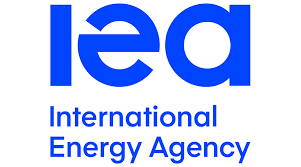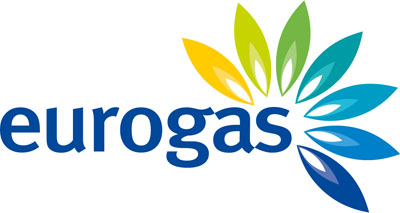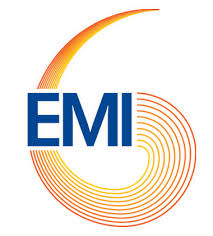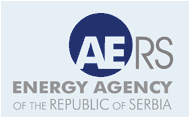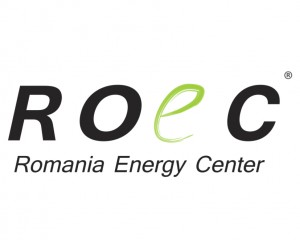Russia is ready to build a fourth line of the Turkish Stream natural gas pipeline project so Russian gas can be transited to European countries, Russian Ambassador to Ankara, Andrey Karlov, said on Wednesday.
Speaking at an opening ceremony in Atilim University in Ankara, Karlov said that Russia believes the Turkish Stream project's construction will start as soon as possible after signing an intergovernmental agreement with Turkey.
The Turkish Stream pipeline project, which was announced by Russian President Vladimir Putin in December 2014 during his visit to Ankara, plans to carry Russian gas via the Black Sea and via Turkey to southeastern Europe.
Originally planned as a four-way pipeline with an annual transfer capacity of 63 billion cubic meters (bcm), the project was later reduced to a two-way pipeline, with a capacity of 32 bcm.
Russia's Gazprom announced on Sept. 7 that it has received initial permission for the construction of the pipeline from Turkish authorities through diplomatic channels.
The first gas, 15 billion cubic meters, will arrive in Turkey at the end of 2019, according to Karlov.
"After finalizing the construction of the first line of the Turkish Stream, this gas will be transferred directly to Turkey, without passing through other transit countries," he said.
Karlov also commented on Turkey's proposed first nuclear power plant which Russia agreed to help construct and operate, the Akkuyu Nuclear Power Plant, and said that Russia will do its utmost to finalize the project on time and to the highest standards.
"On the issue of training the personnel who will work at the plant, more than 250 Turkish students who are continuing studies in physics and in technical departments of Russia's best universities will become the staff of the plant," he added.
The nuclear power plant in Akkuyu in the province of Mersin on the southern Mediterranean coast is due to be carried out by Russia with a budget of $22 billion. It is under construction and will have a capacity of 4,800 megawatts with four units.
- Turkey-Russia Joint Investment Fund
Russia and Turkey recently agreed to form a joint investment fund for a variety of projects, the details of which will be announced in October or November.
Karlov explained that ongoing work is continuing for the fund in which resources will be used for mutual beneficial projects.
Relations between Russia and Turkey soured last November after the downing of the Russian jet, which had violated Turkish airspace along the Syrian border. Relations began to thaw out on June 29 through a letter and subsequent telephone calls between the countries’ leaders.
Ankara and Moscow started to work on the liberalization of services and investments last year, including the establishment of a joint investment fund but everything was suspended after the plane incident last November.
(Anadolu Agency)




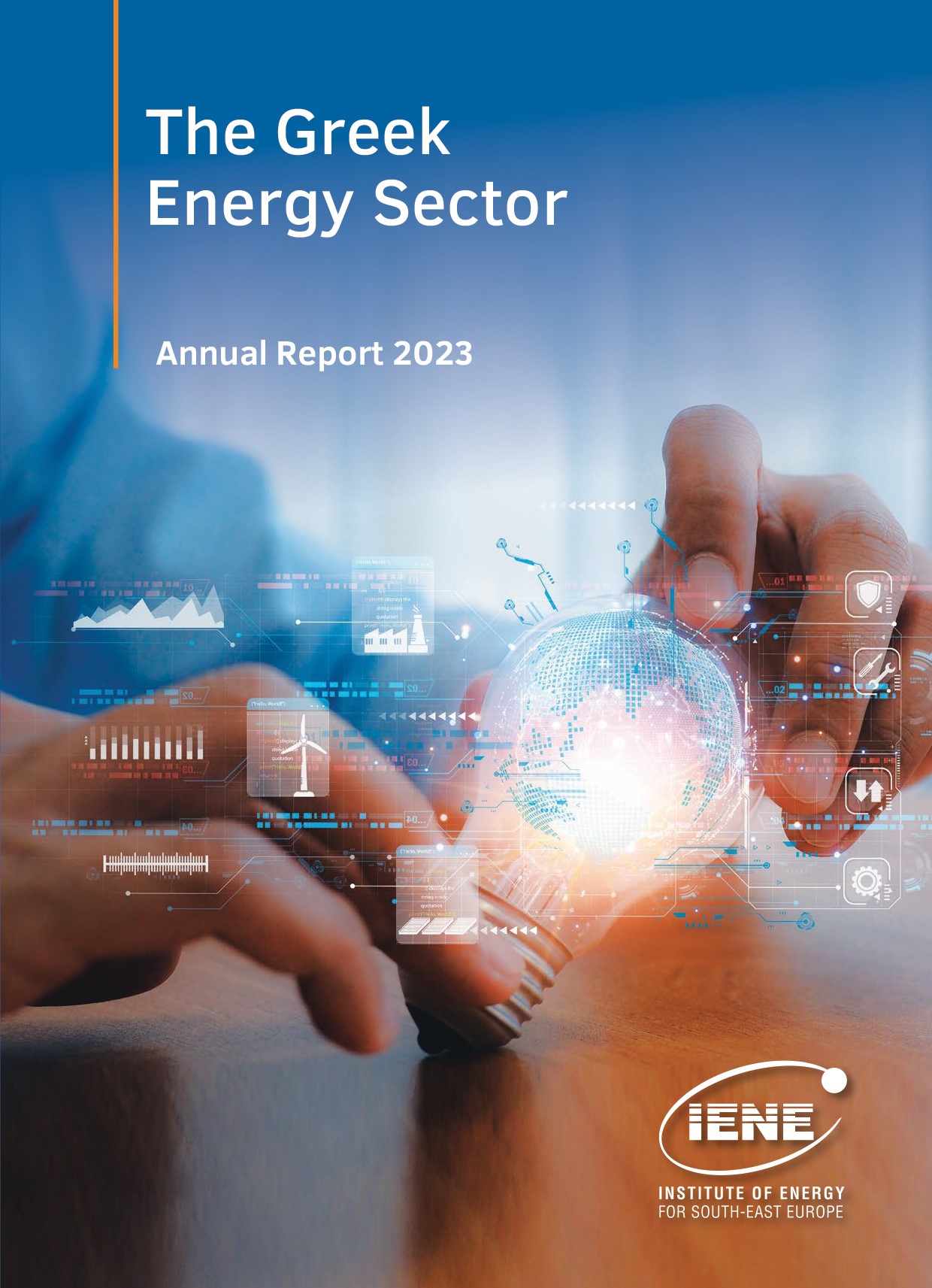

 More
More
